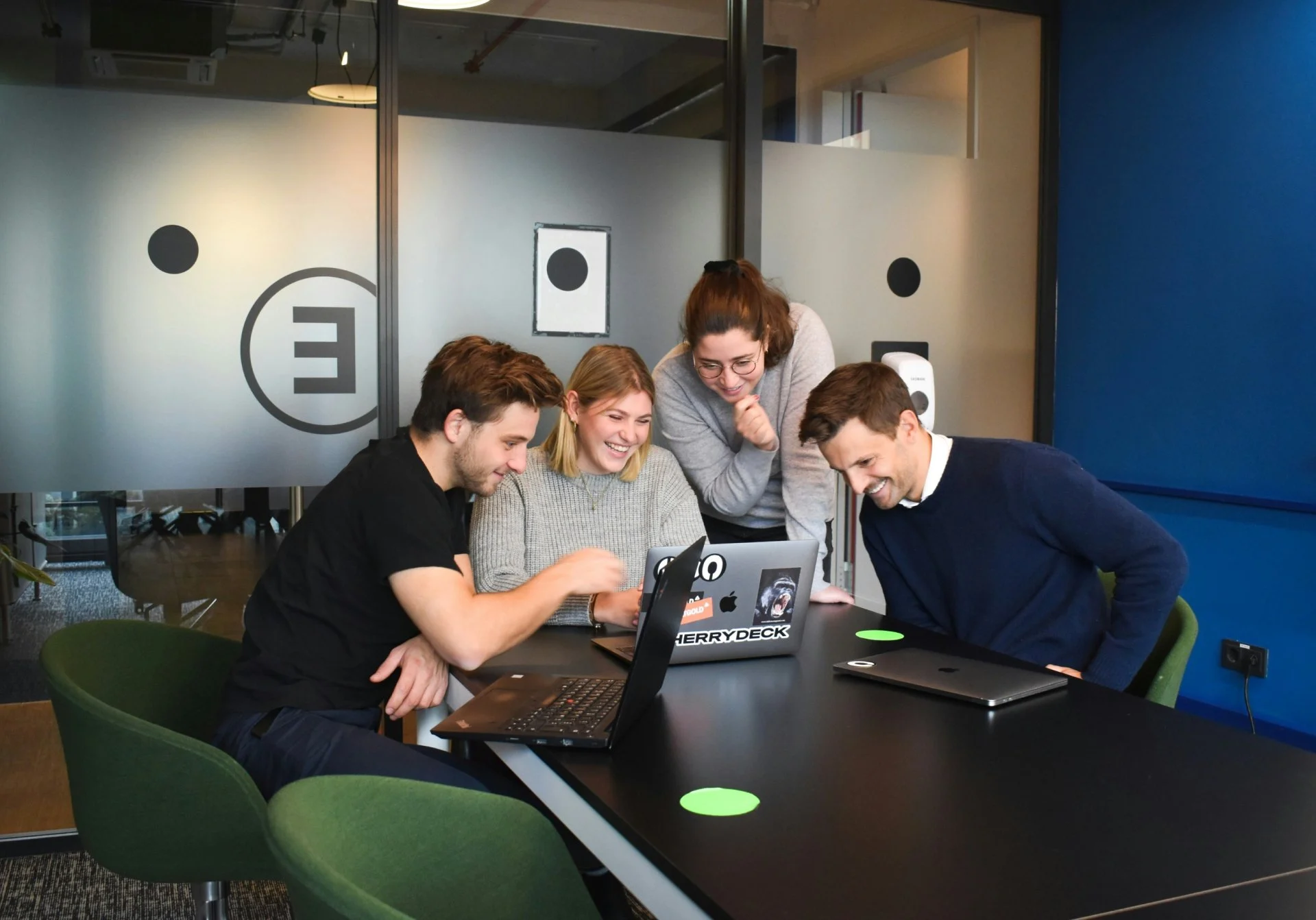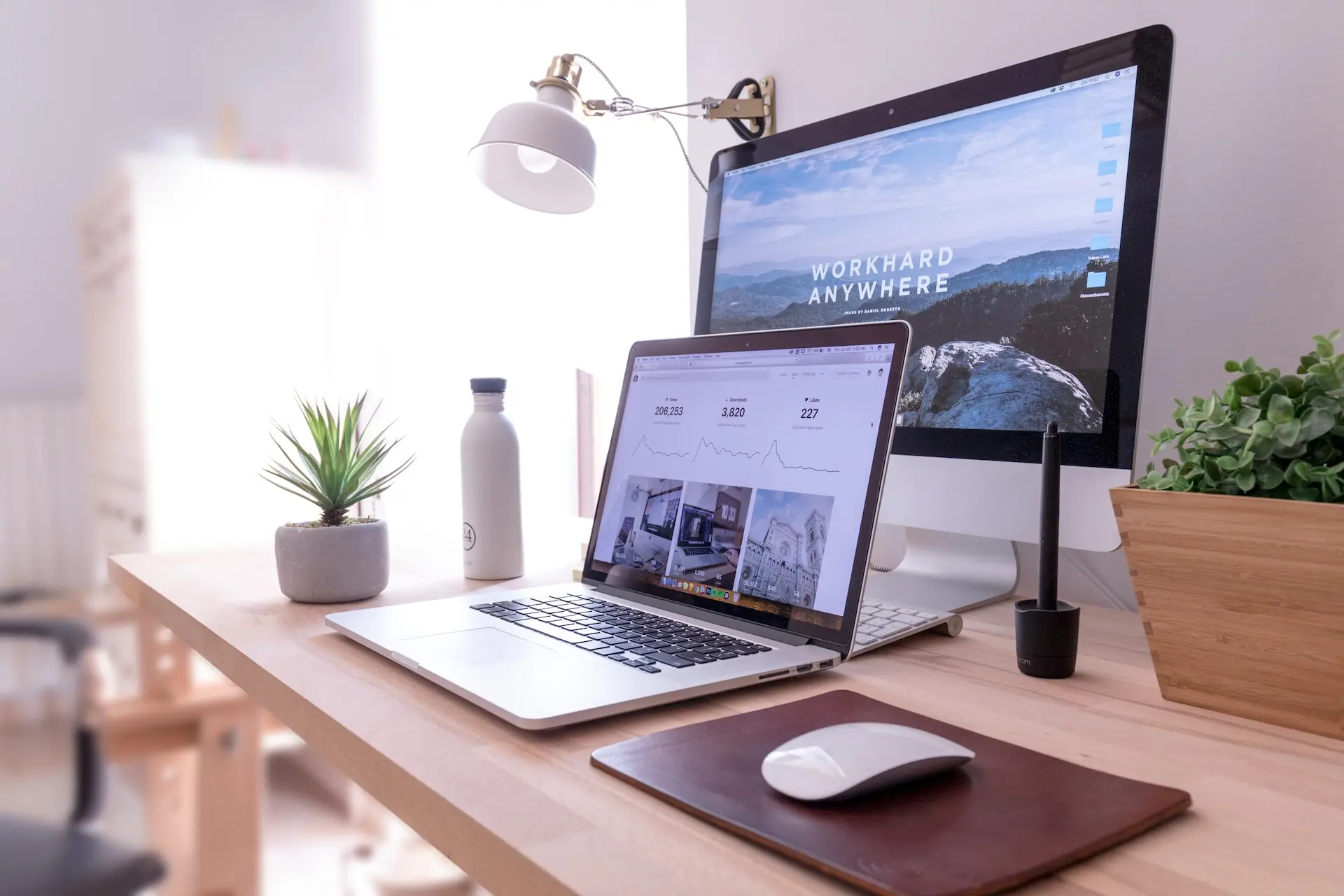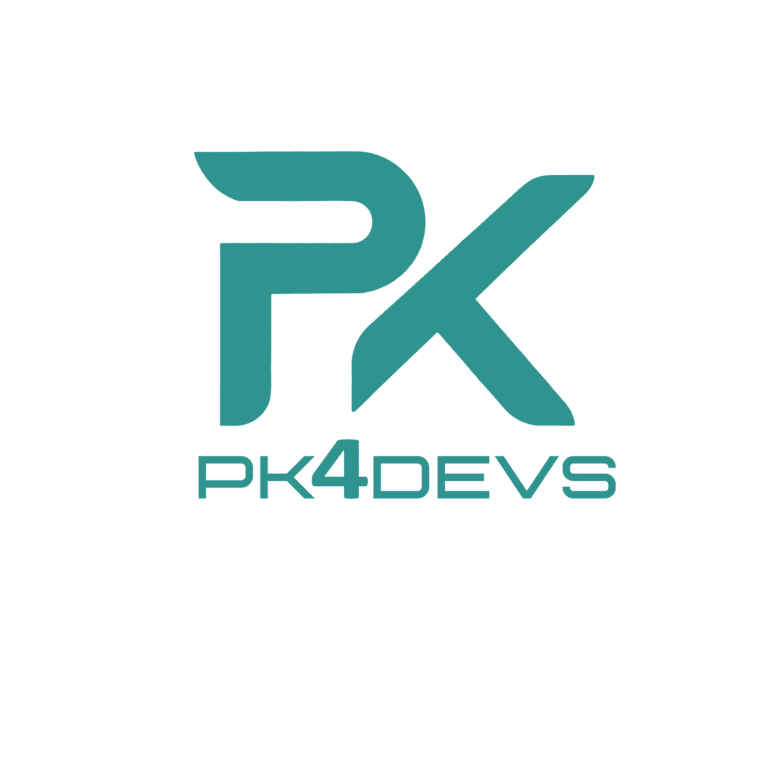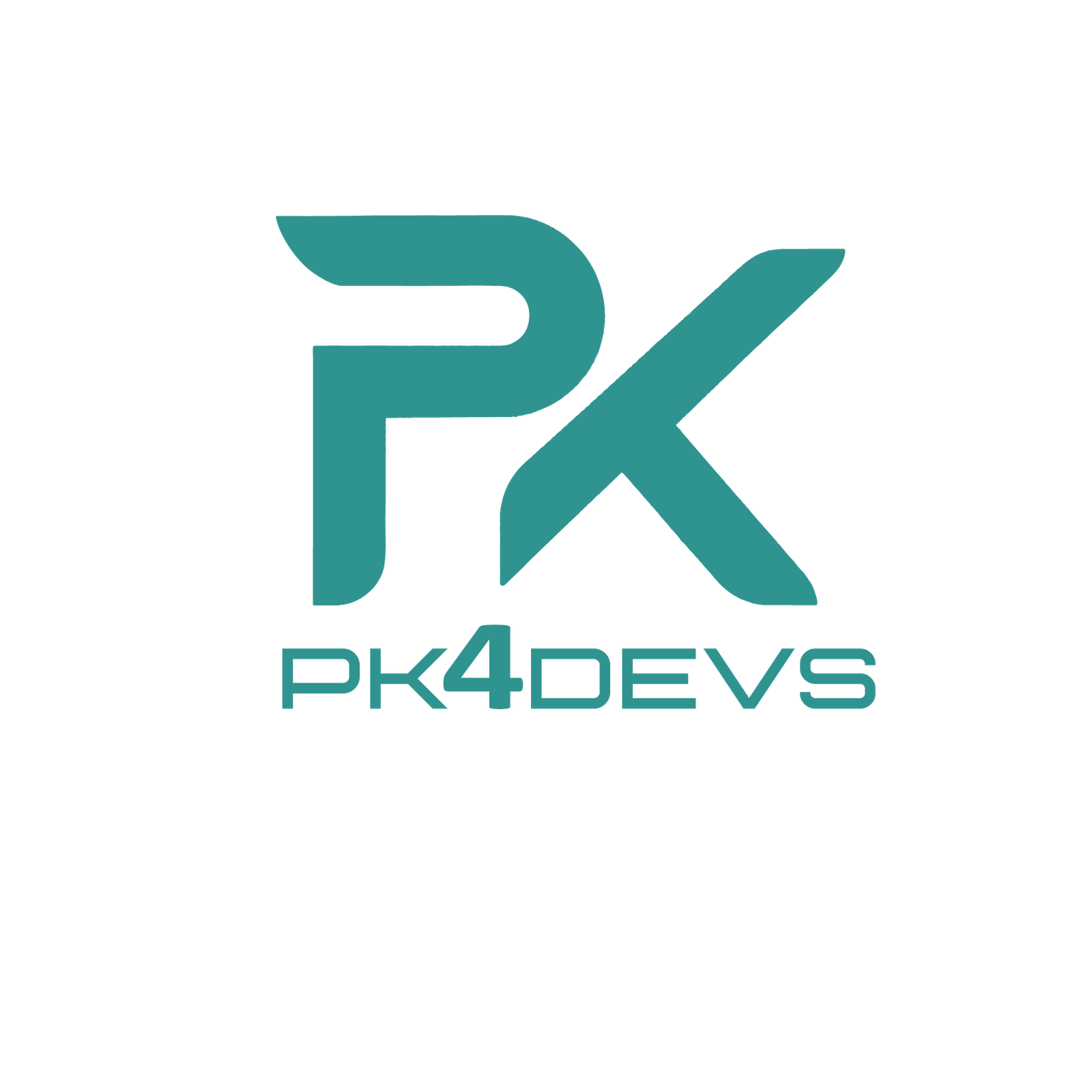20 Companies with Location-Agnostic Pay in 2024

Here’s a running list of every company (and the remote jobs they offer) that has announced that where you work will have no impact on what you are paid. Due to the COVID pandemic, more and more companies are going to remote. Remote work means employers can hire employees from anywhere. However, many companies have chosen to use location-based pay meaning compensation packages take into account employee location. This can make sense as companies can hire remote employees where the cost of living, and therefore salary expectations, are lower. For example, Google’s internal salary calculator allows employees to see the effects of a move to a new location. A Google spokesperson told Reuters that “compensation packages have always been determined by location, and we always pay at the top of the local market based on where an employee works from.” In contrast, some companies are choosing to base pay solely on the value of work. They reward hard work and pay employees the same regardless of where they work from. This is known as location-agnostic pay.
20 Companies with Location-Agnostic Pay in 2024

Here’s a running list of every company (and the remote jobs they offer) that has announced that where you work will have no impact on what you are paid. Due to the COVID pandemic, more and more companies are going to remote. Remote work means employers can hire employees from anywhere. However, many companies have chosen to use location-based pay meaning compensation packages take into account employee location. This can make sense as companies can hire remote employees where the cost of living, and therefore salary expectations, are lower. For example, Google’s internal salary calculator allows employees to see the effects of a move to a new location. A Google spokesperson told Reuters that “compensation packages have always been determined by location, and we always pay at the top of the local market based on where an employee works from.” In contrast, some companies are choosing to base pay solely on the value of work. They reward hard work and pay employees the same regardless of where they work from. This is known as location-agnostic pay.
13 Graphic Design Interview Questions

Don’t spend weeks polishing your portfolio only to slip up during the interview process. Here are some graphic design interview questions you can prepare for. Whether you’re a seasoned graphic designer with years of experience or brand new to the design industry, one thing never changes: interviews are stressful. Most graphic designers spend weeks polishing their portfolios in preparation for a graphic design interview but then neglect to spend enough time preparing answers to common interview questions. Portfolios are great to show off your design skills and showcase recent graphic design projects, but in the increasingly-competitive design industry, how well you interview can be what allows you to stand out from a sea of other applicants. At the end of the day, hiring managers are looking for the best graphic designers for the job. That doesn’t necessarily mean they’re looking for the candidate with the most impressive portfolio. The interview process is where great designers can really stand out and is the perfect opportunity to showcase their passion for the role, skills, and creative process. Thankfully, there are some common interview questions that most hiring managers will ask during the interview process. By carefully preparing answers for these questions ahead of your interview, you’ll dramatically increase your chances of making a good impression and landing a job offer. We’ve written this article as a step-by-step guide on how to prepare for your graphic design interview, with example answers to common questions.
13 Graphic Design Interview Questions

Don’t spend weeks polishing your portfolio only to slip up during the interview process. Here are some graphic design interview questions you can prepare for. Whether you’re a seasoned graphic designer with years of experience or brand new to the design industry, one thing never changes: interviews are stressful. Most graphic designers spend weeks polishing their portfolios in preparation for a graphic design interview but then neglect to spend enough time preparing answers to common interview questions. Portfolios are great to show off your design skills and showcase recent graphic design projects, but in the increasingly-competitive design industry, how well you interview can be what allows you to stand out from a sea of other applicants. At the end of the day, hiring managers are looking for the best graphic designers for the job. That doesn’t necessarily mean they’re looking for the candidate with the most impressive portfolio. The interview process is where great designers can really stand out and is the perfect opportunity to showcase their passion for the role, skills, and creative process. Thankfully, there are some common interview questions that most hiring managers will ask during the interview process. By carefully preparing answers for these questions ahead of your interview, you’ll dramatically increase your chances of making a good impression and landing a job offer. We’ve written this article as a step-by-step guide on how to prepare for your graphic design interview, with example answers to common questions.
How to Research a Company for an Interview

Researching a company before your interview is a great way to stand out from other candidates during the hiring process. Most interviewers expect you have a good base level of knowledge about their company before your job interview. If you’ve done your research, you’ll stand out from other job seekers who can’t provide relevant answers to the hiring manager’s questions. Company research also helps you not waste time asking questions about information you can find online. Instead, you’ll be able to ask the interviewer question that will help you assess whether the company culture, mission statement, and values are a good fit for you. The good news is it’s never been simpler to research a potential employer, and the time you invest will dramatically increase your chances of making a great impression.
How to Research a Company for an Interview

Researching a company before your interview is a great way to stand out from other candidates during the hiring process. Most interviewers expect you have a good base level of knowledge about their company before your job interview. If you’ve done your research, you’ll stand out from other job seekers who can’t provide relevant answers to the hiring manager’s questions. Company research also helps you not waste time asking questions about information you can find online. Instead, you’ll be able to ask the interviewer question that will help you assess whether the company culture, mission statement, and values are a good fit for you. The good news is it’s never been simpler to research a potential employer, and the time you invest will dramatically increase your chances of making a great impression.
How to Answer “What Is Your Greatest Strength?”

Potential employers can learn a lot about you from your answer to this question. Make sure you highlight your relevant skills and experience, focus on the positives, and keep your answer concise and memorable. If you’re looking for a new job, there’s a pretty good chance you’ll be asked to define your greatest strength. This common interview question can be pretty introspective and personal, but it’s a great way for interviewers better understand your skill set and how you can contribute to the company. When answering the interview question “What is your greatest strength?”, don’t fall into the trap with a cliche response like “I’m a hard worker” or “I have great initiative” I— these can come across as lazy and insincere answers. The interviewer is looking for you to explain why your soft skills, hard skills, and experience, as well as your personality, make you a good fit for the role. So of course, your response should reflect this!
How to Answer “What Is Your Greatest Strength?”

Potential employers can learn a lot about you from your answer to this question. Make sure you highlight your relevant skills and experience, focus on the positives, and keep your answer concise and memorable. If you’re looking for a new job, there’s a pretty good chance you’ll be asked to define your greatest strength. This common interview question can be pretty introspective and personal, but it’s a great way for interviewers better understand your skill set and how you can contribute to the company. When answering the interview question “What is your greatest strength?”, don’t fall into the trap with a cliche response like “I’m a hard worker” or “I have great initiative” I— these can come across as lazy and insincere answers. The interviewer is looking for you to explain why your soft skills, hard skills, and experience, as well as your personality, make you a good fit for the role. So of course, your response should reflect this!
21 Benefits of Remote Work for Employees and Employers

Remote work has a number of benefits for employees and employers including increased productivity, access to better jobs and talent, and lower costs. Remote work was a global movement before the coronavirus pandemic and only accelerated with it. According to Gallup, nearly 60% of U.S. employees working from home want to continue to do so. 90% of remote workers plan to stay for their careers. Employees like remote work arrangements because it offers more flexibility and autonomy, both in location and working hours. Remote work doesn’t have to mean working from home. It could mean working from a coffee shop, co-working space, or internationally by taking advantage of remote work visas. Employers also benefit when they support remote workers. Employers who embrace teleworking aren’t sacrificing performance. They benefit from decreased costs and lower environmental impacts to higher productivity and employee retention. This article outlines the benefits of remote work for employees and employers.
21 Benefits of Remote Work for Employees and Employers

Remote work has a number of benefits for employees and employers including increased productivity, access to better jobs and talent, and lower costs. Remote work was a global movement before the coronavirus pandemic and only accelerated with it. According to Gallup, nearly 60% of U.S. employees working from home want to continue to do so. 90% of remote workers plan to stay for their careers. Employees like remote work arrangements because it offers more flexibility and autonomy, both in location and working hours. Remote work doesn’t have to mean working from home. It could mean working from a coffee shop, co-working space, or internationally by taking advantage of remote work visas. Employers also benefit when they support remote workers. Employers who embrace teleworking aren’t sacrificing performance. They benefit from decreased costs and lower environmental impacts to higher productivity and employee retention. This article outlines the benefits of remote work for employees and employers.

